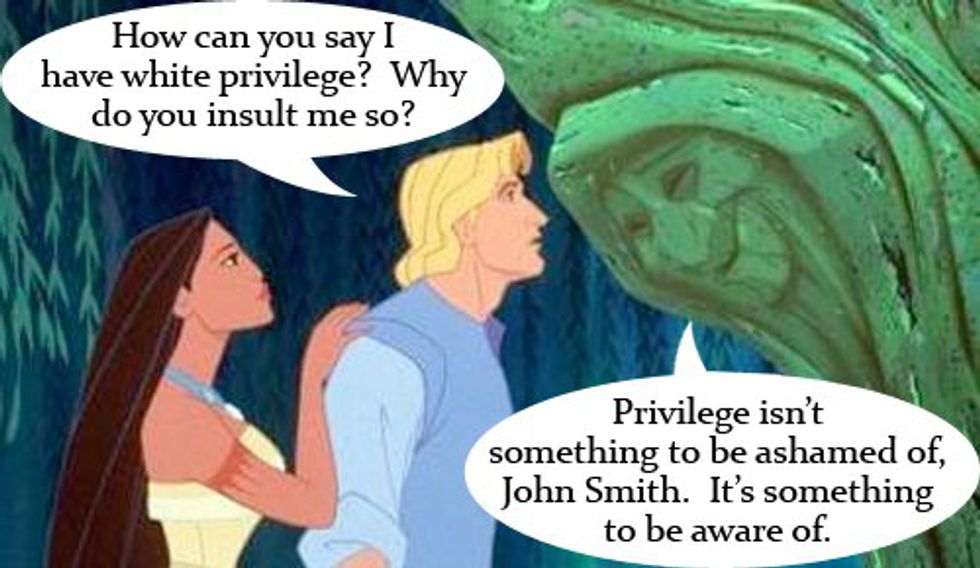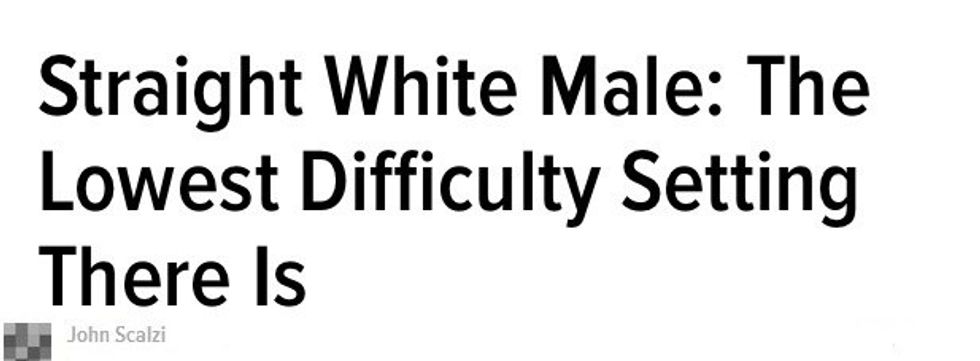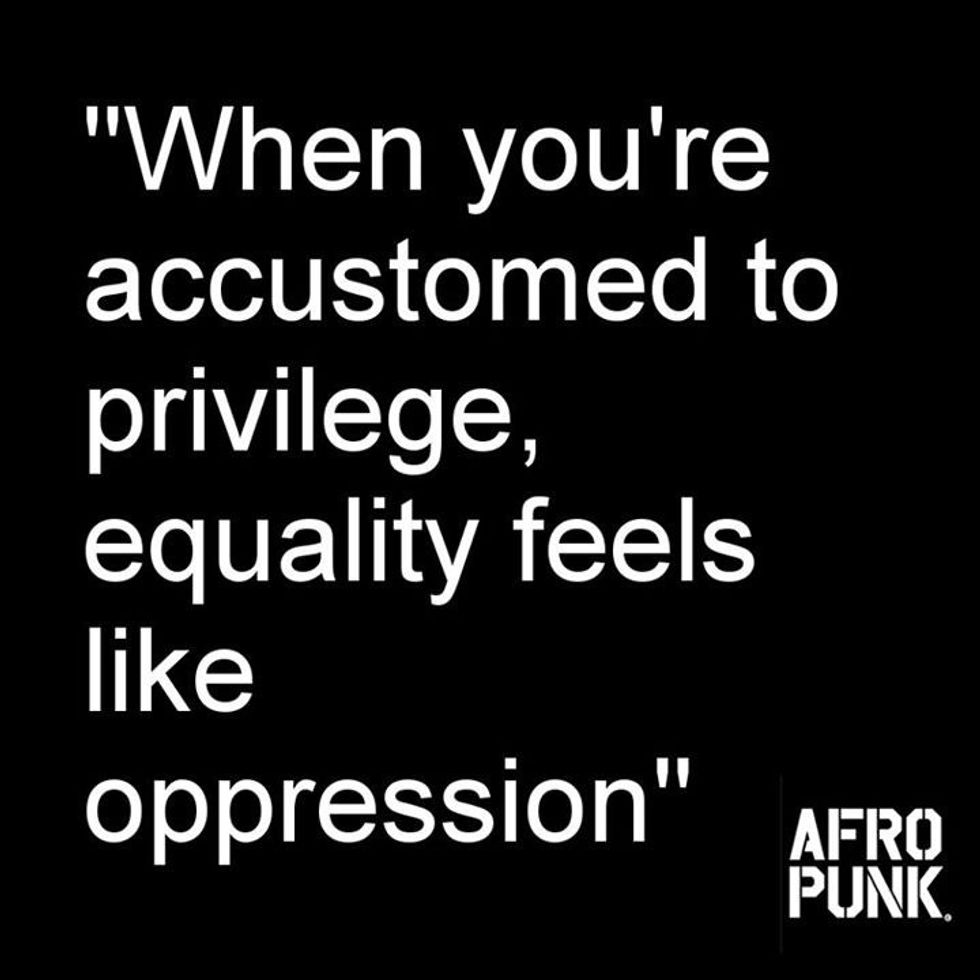While listening to a lecture for my Cultural Anthropology class, I heard something that stood out to me. The lecturer, Michael Kimmel, spoke last year at Kennesaw State University on the question of gender roles. As a sociologist, he had spent many years looking into the subject of gender and studying its shifting role in society. In the lecture, he talked about an experience he had in grad school where several other students and himself would get together and self-study feminist theory. He recalled a life-altering interaction between two women that completely changed his perspective on his role in life.
White woman: All women are sisters in equal oppression.
Black Woman: I disagree. When you look in the mirror every morning, what do you see?
White Woman: I see a woman.
Black Woman: See, that’s the problem for me. When I wake up in the morning and look in the mirror, I see a black woman. To me race is visible, but to you race is invisible; you don’t see it. That’s how privilege works; privilege is invisible to those who have it.
He was amazed by this explanation of privilege because it made him realize that he himself as a man in modern society held a certain kind of privilege over women. When he looked in the mirror, all he saw was a human being. He did not associate himself with his gender because he didn't need to. This act showed him his privilege compared to women who are constantly having to deal with gender issues in the world and as a result associate themselves only with their gender.
His revelation really resonated with me as a female and a minority in America. Many people who do not share my status do not believe that they somehow have it better than people like me do. You might be reading this right now and think that I am being overdramatic, but I promise all the other minority women out there know exactly the type of privilege I’m talking about.
This lack of privilege has been made painfully clear in the days following the 2016 presidential election. As the days go on protests grow larger because people are afraid. Before you say anything against these millennials protesting, just take a moment to think about what could cause them to do this. What could possibly make thousands of people leave their jobs and schooling less than a month before finals to go out and protest?
Their core values have been shaken by this election; many see it as the death of liberty in this nation. Many are grieving so much that a psychological study showed they were experiencing something similar to the grief of a loved one dying. They are afraid. They are afraid that their gay friend might be subject to the electric shock therapy Mike Pence so blatantly supports. They are afraid that their Muslim friend will be attacked because they choose to practice a religion that isn’t mainstream, like the little boy from North Carolina whose parents decided to move back to Pakistan after he was attacked at his elementary school. They are afraid that all of their female friends will be “grabbed by the pussy” and their assaulter will walk away like Brock Turner did. They are afraid that their Mexican friend might be forced to return to a country that they left for a reason and will never be able to return to the USA because of Trump’s wall. They are afraid that their black friend will be shot in the streets and no one will care, as has happened more times than should ever be accepted. Most importantly, they are afraid that the rest of the world will see them exactly like how the person they did not elect describes them. This generation, the growing and future generation, is living in fear at the thought of this man leading them. This man could never understand his own privilege because it is invisible to him.
While these protests rage on, hundreds of stories have been coming in about minorities all over the country facing persecution by Trump supporters. This is terrifying to us. It's like taking all the bad parts of history for minorities and shoving them into three days of oppression that will eventually turn into four years. I have seen people walk out of a test and take a zero because of someone yelling racist jargon at them. I have seen a Muslim woman have her hijab ripped off her head because "that's not allowed anymore." I have seen an African-American man break down in tears because he was so petrified by what his white friends were now saying on social media. This is what it's like to be a minority in America. This is the type of relentless racism and persecution we deal with on a daily basis.
So it all boils down to the concept of privilege. If you read this article and are against everything I have written, or think I somehow made this all up, then you need to realize that you have privilege that allows you to ignore the suffering of so many people because it does not directly affect you. So, what is it then? Got privilege? Because a lot of us don't. In order to start fixing this problem, we first need to call it by what it is.



























